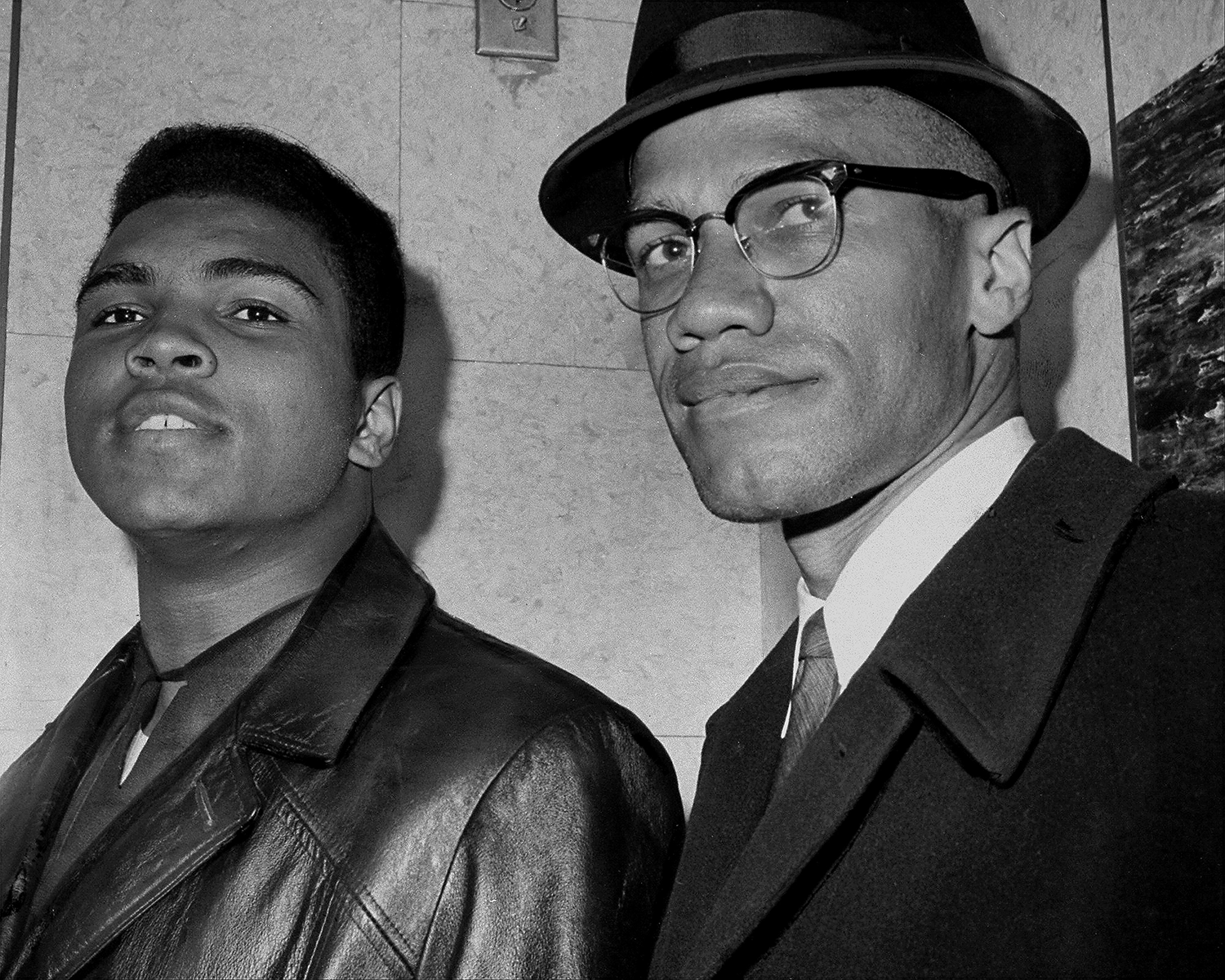Muhammad Ali was so much more than a ‘race’ figure – he embodied the American Dream
The US always wanted Ali to be its hero, but it had to be on his terms


That our common use of the term “race” is a scientific anomaly does not, of course, stop us from using it.
We are a herd species taking refuge in our clans and tribes for safety, sustenance and revenge. To assess someone based on the colour of their skin is hard-wired within us, a kind of safety valve that ensures that we don’t fall into “enemy hands”. But this flight to safety is also culturally determined: we are told and taught who to fear. It gives us status, but above all, an enemy.
We humans are hard-wired to fight. And we don’t usually fight “our own” – what we perceive as our tribe, clan or people.
Muhammad Ali burst on the American scene after the Rome Olympics, an impossibly beautiful boy, gold-medal champion in one of the few sports open to African American men: boxing. There was a ready-made template: the gentlemen like Joe Louis and Sugar Ray Robinson. Or the rebels like Jack Johnson and Rubin “Hurricane” Carter. These great men were in the collective consciousness and there were those waiting for Cassius Clay, the name given to Ali at birth, to become one or the other.
I am talking now about the dawn of the 1960s. For many, everything seemed possible.
Ali chose to remove himself not only from the American mainstream but from the African American one, too. The church was and is one of the bulwarks of life for black people; the meat and the drink of spiritual survival. Jesus, as one church lady said to me once, “was the only man she could depend on”. The Church offered deliverance and solace, succour and organising possibilities.
To leave it was leaving The People. But when Ali joined the Nation of Islam, an organisation that, at the time, called white people “devils” was an analysis too far for many. Add to that the fact that he called his birth name a “slave name” and refused to fight in Vietnam: he said the Viet Cong “never called me n*****”; this made him a “race figure”.
Yet: he was always beloved. He could predict the round that he would achieve his knock-out in: “He wants to win. So I’ll take him in 10. But if he keeps talkin’ jive, I’ll take him in five.” And he did, which gave him a magnificence that no one could deny.
Sylvester Stallone was inspired to write Rocky – first draft in three days – after watching the Ali-Chuck Wepner fight in 1975. Ali showed up at the 1976 Academy Awards to playfully spar with Stallone. Apollo Creed, Rocky’s antagonist in the ring, was obviously a kind of wish-fulfilment, a dream Muhammad Ali.
Ali said later that “they had to make a movie” about the American Dream guy “who could go the distance” ... with him.
He got the subtext, the subliminal message of Rocky, straight away, and it could have made him quite offended. But he wasn’t. To show that there were no hard feelings, he came to the Oscars and played with Stallone. The fact that he did, that he could be a good sport, was a kind of new beginning.
The nation saw him, and loved him.
I like to think that Ali was able to laugh with Stallone, honour him by his presence that award evening, because he had seen something. He had seen and met in the ring and outside of it fellow human beings, many of whom he might have despised in the past … he aimed to reach out to them and transform himself.
The US always wanted Ali to be its hero, but it had to be on his terms. He never abandoned his faith; he never became Cassius Clay again; he never walked back to what he had been in his youth.
His honesty, self-belief, insight and courage were, after all, American values. The Republic’s best. Like all great Americans, he reinvented the nation in his image and gave it back refreshed and re-dedicated. He made us embrace change because he had.
If we have failed him, it’s because we are not champions.
Rest in power and in peace, The Greatest.
Bonnie Greer’s play ‘Ferguson’ will be broadcast on BBC Radio 4 on 18 June
Join our commenting forum
Join thought-provoking conversations, follow other Independent readers and see their replies
Comments
Bookmark popover
Removed from bookmarks